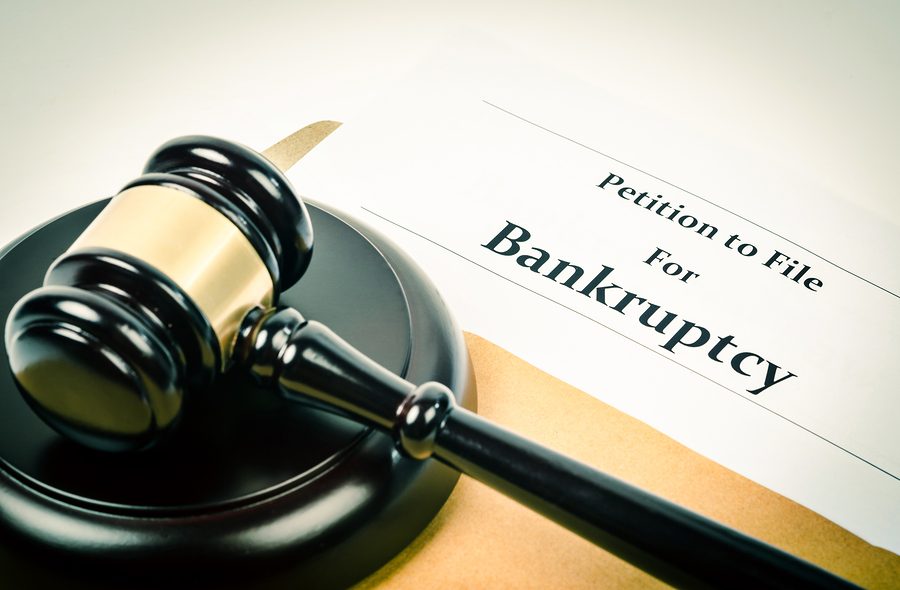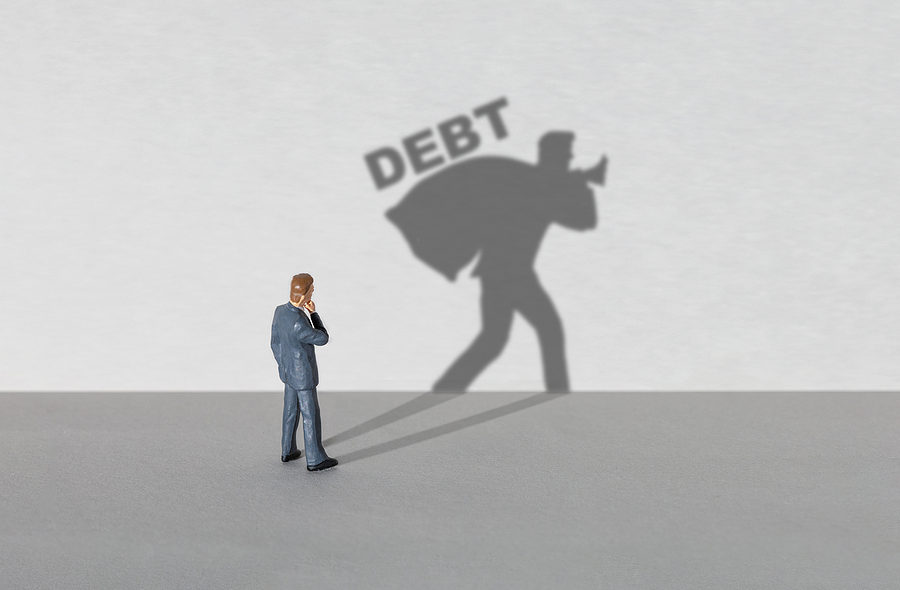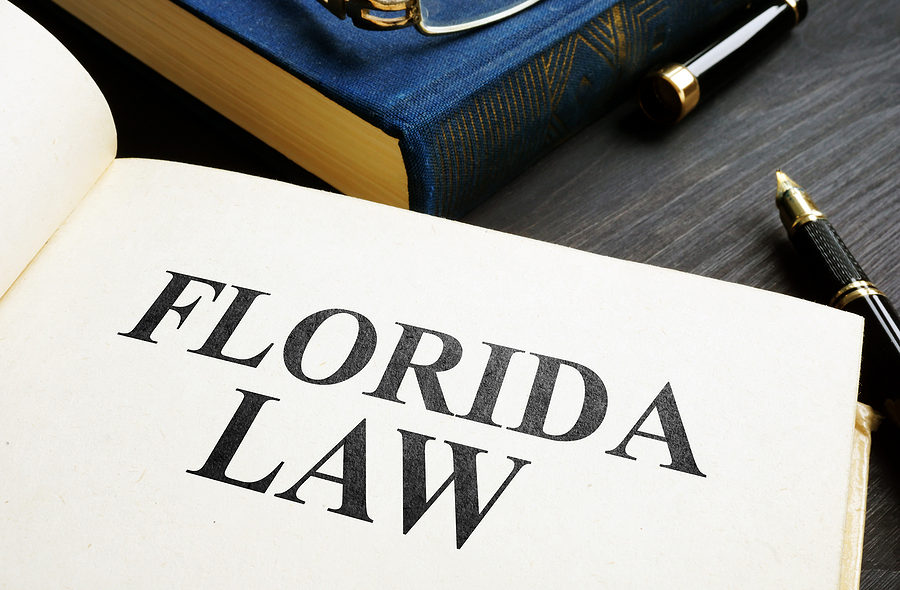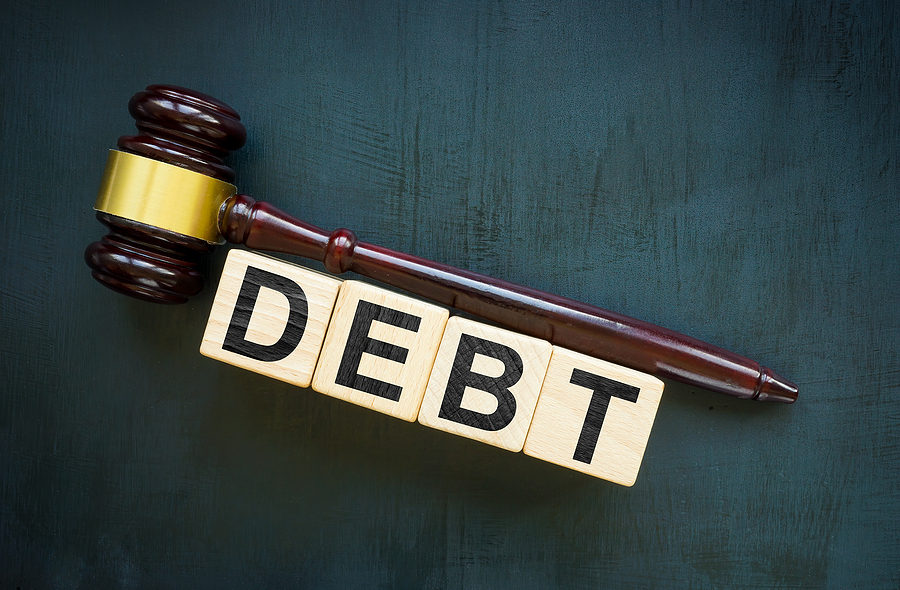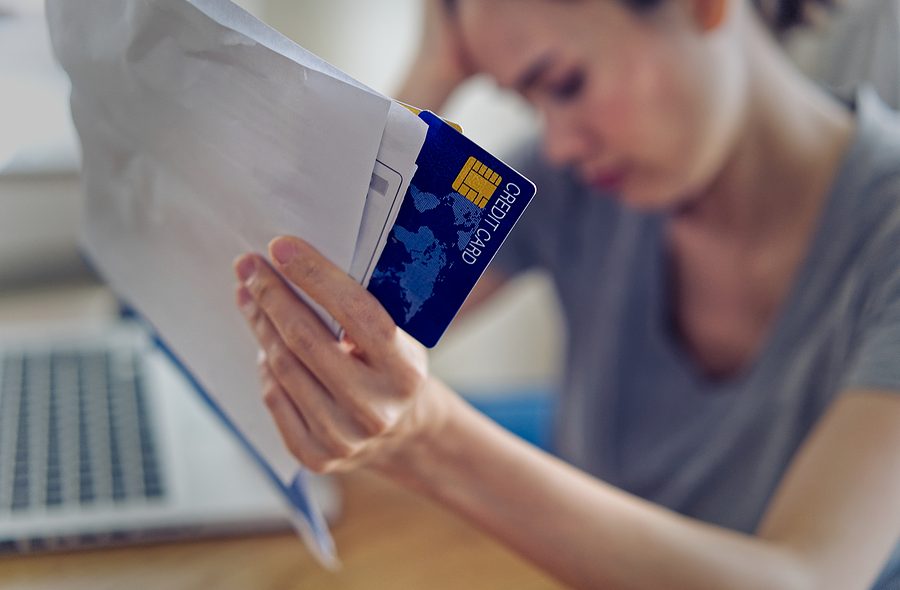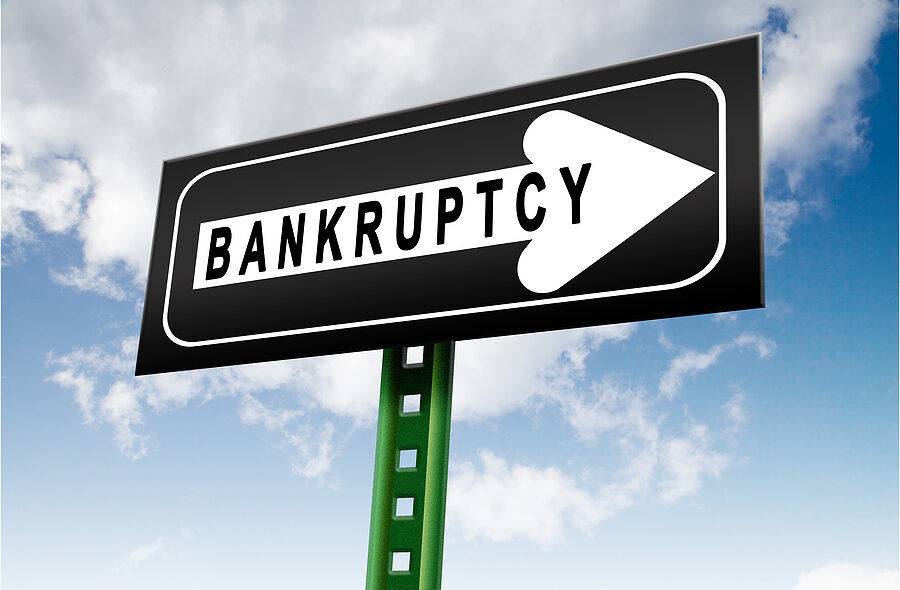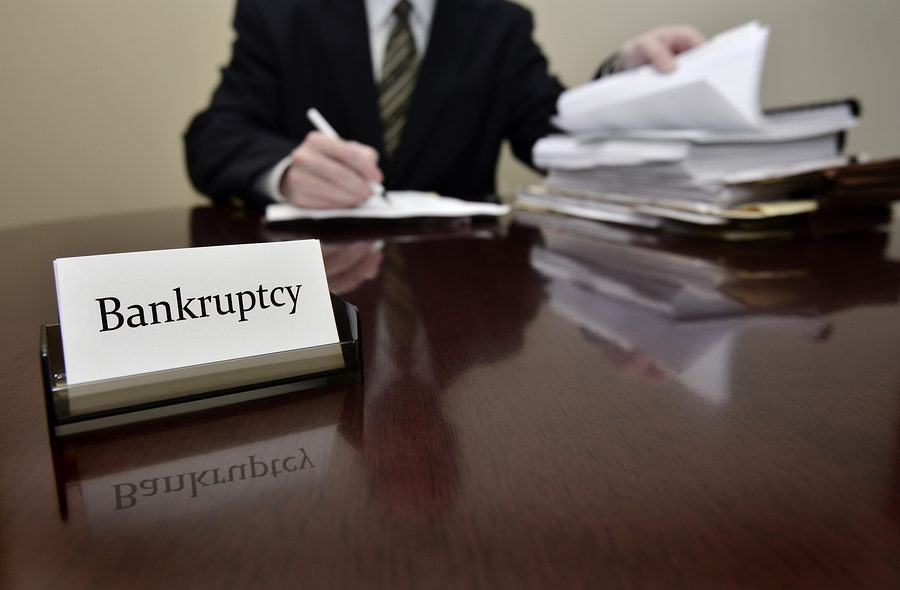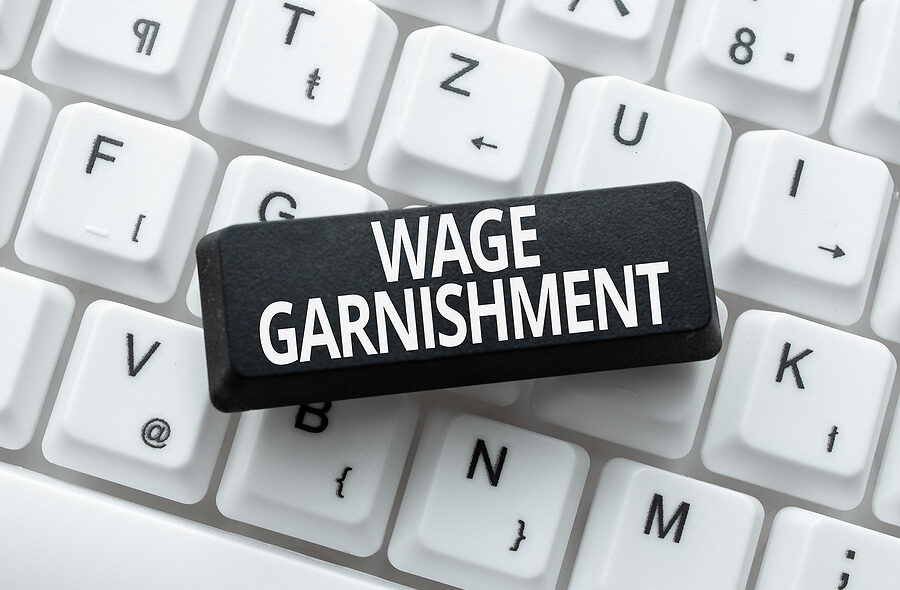One of the biggest fears bankruptcy filers have before proceeding with a bankruptcy case is the fear of losing their home. Depending on the type of bankruptcy case being pursued and whether the home has already fallen into default or even foreclosure, it is possible for filers to keep their home during a bankruptcy case.
Tag: Chapter 7 Bankruptcy
What to Expect Before, During and After Filing for Bankruptcy
The process of filing for bankruptcy can seem daunting and unclear for many filers. The uncertainty behind the process often drives the fear of the unknown, which keeps many people from pursuing a bankruptcy case. Pulling back the curtain and knowing what to expect when filing for bankruptcy can help clear up any myths or misconceptions surrounding bankruptcy.
Making the decision to pursue a bankruptcy case is often the thing that holds people back the most. It can be difficult for someone to admit that they need financial help offered through a bankruptcy case. Many see it as admitting failure, which could not be any further from the truth.
Does Bankruptcy Eliminate Tax Debt?
By the time an individual reaches the point of filing for bankruptcy, he or she is likely inundated with all types of consumer debt, ranging from medical debt to credit card debt and possibly, tax debt. While a consumer bankruptcy case will eliminate a large portion of this debt, tax debt is not normally included in this list.
Taxes fall into the category of “non-dischargeable priority debt,” which means that the bankruptcy case will not eliminate them. Additionally, repayment of these claims is given priority over other creditors’ claims. However, circumstances do exist where tax debt can be discharged with a bankruptcy filing, but certain requirements must exist before that can happen.
DeSantis Vetoes Florida Bankruptcy Relief Bill
Gov. Ron DeSantis vetoed a measure last week that would have provided some much-needed relief for those struggling financially in Florida. The specific measure, HB 265, was passed unanimously by both the state senate and legislature during the most recent legislative session, where it was quickly vetoed by DeSantis. This bill represents the third bill vetoed by the governor.
This bill would have given Floridians facing bankruptcy relief by providing them credit for any equity they may have had in their vehicle. The law would increase the bankruptcy exemption provided to debtors in their cars from $1,000 to $5,000.
What Debts Are Not Erased in Bankruptcy?
Not all debts can be discharged in a consumer bankruptcy case under the U.S. Bankruptcy Code. These debts will remain with the consumer even at the successful close of the Chapter 7 bankruptcy case. While these debts may remain with the consumer, many of his or her other consumer debts will not. The goal is that with the discharge of other debts, the consumer will have extra money to be able to pay down these non-dischargeable debts.
For the most part, the consumer debts that are discharged include credit card debt, medical bills, past utility bills, personal loans and in some cases student loan debt. Many of these non-dischargeable debts cannot be eliminated due to public policy interests, such as child support.
Seventy-Five Percent of Americans Have Missed Credit Card Payments Due to COVID-19 Pandemic
The COVID-19 pandemic has pushed many Americans into financial struggles. The disruption to employment, childcare, and school routines crippled the economy and forced millions of women and families to the financial brink. While many have bounced back, others continue to struggle.
According to a new survey from Forbes Advisor, 75 percent of American consumers have reported missing payments or making a late payment at least once on their credit cards due to the COVID-19 pandemic.
Survey Shows 1 in 5 Workers Run Out of Money Before Payday
As the cost of living rises and inflation is at an all-time high, many American households have been pushed to the brink. According to a recent study from Salary Finance, 1 in 5 workers cannot make it from paycheck to paycheck.
As the cost of living continues to rise, many Americans are finding themselves struggling to make ends meet. According to Salary Finance, approximately 20 percent of employees run out of money before their next paycheck. This is up five percent from the previous year.
The Future of Small Business Bankruptcy
The COVID-19 pandemic hit the nation’s economy hard, forcing many businessowners to make some tough decisions regarding their business’s future. Government stimulus efforts, as well as lower interest rates, kept many businesses afloat, which brought Chapter 11 bankruptcy filings to an all-time low.
At the same time, Subchapter V of the 2019 Small Business Reorganization Act (SRBA), opened the doors and made filing for Chapter 11 bankruptcy simpler and more streamlined for attorneys and business owners. The CARES Act temporarily also tripled the debt limit for eligible small businesses to file for bankruptcy. However, now that those measures are coming to an end, Congress has been asked to pass legislation to extend the measures, keeping the elevated limit of $7.5 million. These measures failed last week, and the limit expires as of Sunday.
Do I need a lawyer to file bankruptcy in Florida?
Filing for bankruptcy can be an uncertain and intimidating process. Going through it alone can make the process that much more daunting. While an attorney is not a requirement for filing for bankruptcy, it certainly helps ensure that a bankruptcy case proceeds smoothly.
A bankruptcy attorney will meet with the client first during a consultation to discuss the person’s financial situation to determine whether he or she needs to file for bankruptcy. Occasionally, it can be in the client’s best interest to wait before filing, but he or she may not realize that until talking through the situation with an attorney.
How to Stop a Wage Garnishment in Florida
Wage garnishment is a legal process in which a person’s earnings are required by court order to be withheld by an employer for the payment of a debt.
Filing for bankruptcy in Florida puts an automatic stay on wage garnishment, which immediately stops Florida wage garnishment. The automatic stay lasts for as long as the bankruptcy. With the automatic stay in place, you will be able to take home your entire paycheck.


